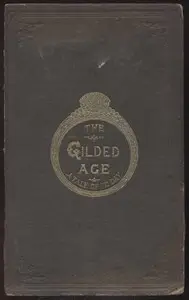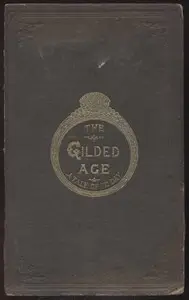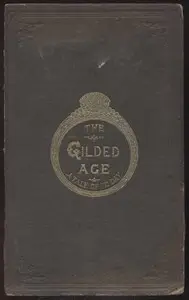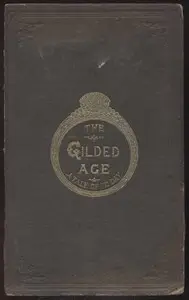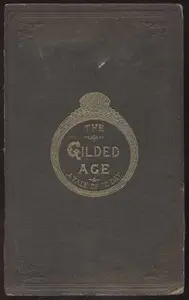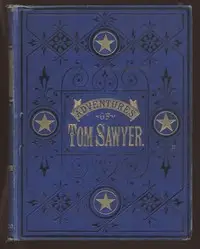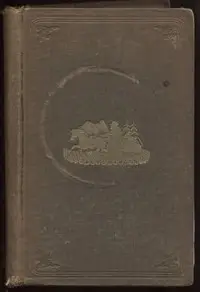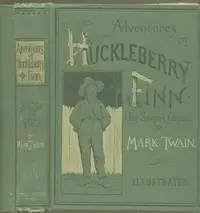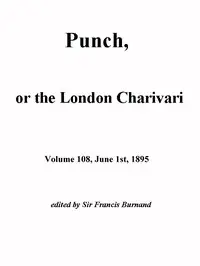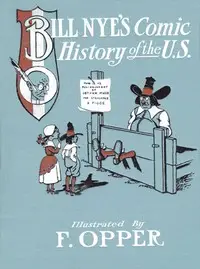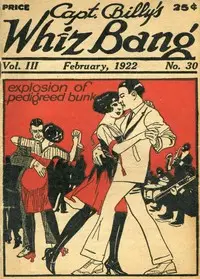"The Gilded Age, Part 3" by Mark Twain and Charles Dudley Warner is a humorous fiction book about America's societal and political changes in the late 1800s. The story features ambitious people like Harry Brierly, an engineer with big plans for land and rivers, and Laura Hawkins, a clever woman who deals with society's expectations as she considers her feelings for Harry. Laura is drawn to Harry but is careful about trusting him. Another person, Colonel Sellers, dreams of making a town called Napoleon, but he gets mixed up in some big plans made by Harry and Washington Hawkins. Through these characters, the book shows how people's dreams and the tough parts of life were connected during this time of competition.
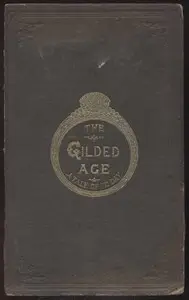
The Gilded Age, Part 3.
By Mark Twain
In a world of big dreams and social climbing, an engineer and a savvy woman navigate love, ambition, and the often-comical schemes of a hopeful colonel.
Summary
About the AuthorSamuel Langhorne Clemens, known by the pen name Mark Twain, was an American writer, humorist, and essayist. He was praised as the "greatest humorist the United States has produced," with William Faulkner calling him "the father of American literature." Twain's novels include The Adventures of Tom Sawyer (1876) and its sequel, Adventures of Huckleberry Finn (1884), with the latter often called the "Great American Novel." He also wrote A Connecticut Yankee in King Arthur's Court (1889) and Pudd'nhead Wilson (1894) and cowrote The Gilded Age: A Tale of Today (1873) with Charles Dudley Warner.
Samuel Langhorne Clemens, known by the pen name Mark Twain, was an American writer, humorist, and essayist. He was praised as the "greatest humorist the United States has produced," with William Faulkner calling him "the father of American literature." Twain's novels include The Adventures of Tom Sawyer (1876) and its sequel, Adventures of Huckleberry Finn (1884), with the latter often called the "Great American Novel." He also wrote A Connecticut Yankee in King Arthur's Court (1889) and Pudd'nhead Wilson (1894) and cowrote The Gilded Age: A Tale of Today (1873) with Charles Dudley Warner.



